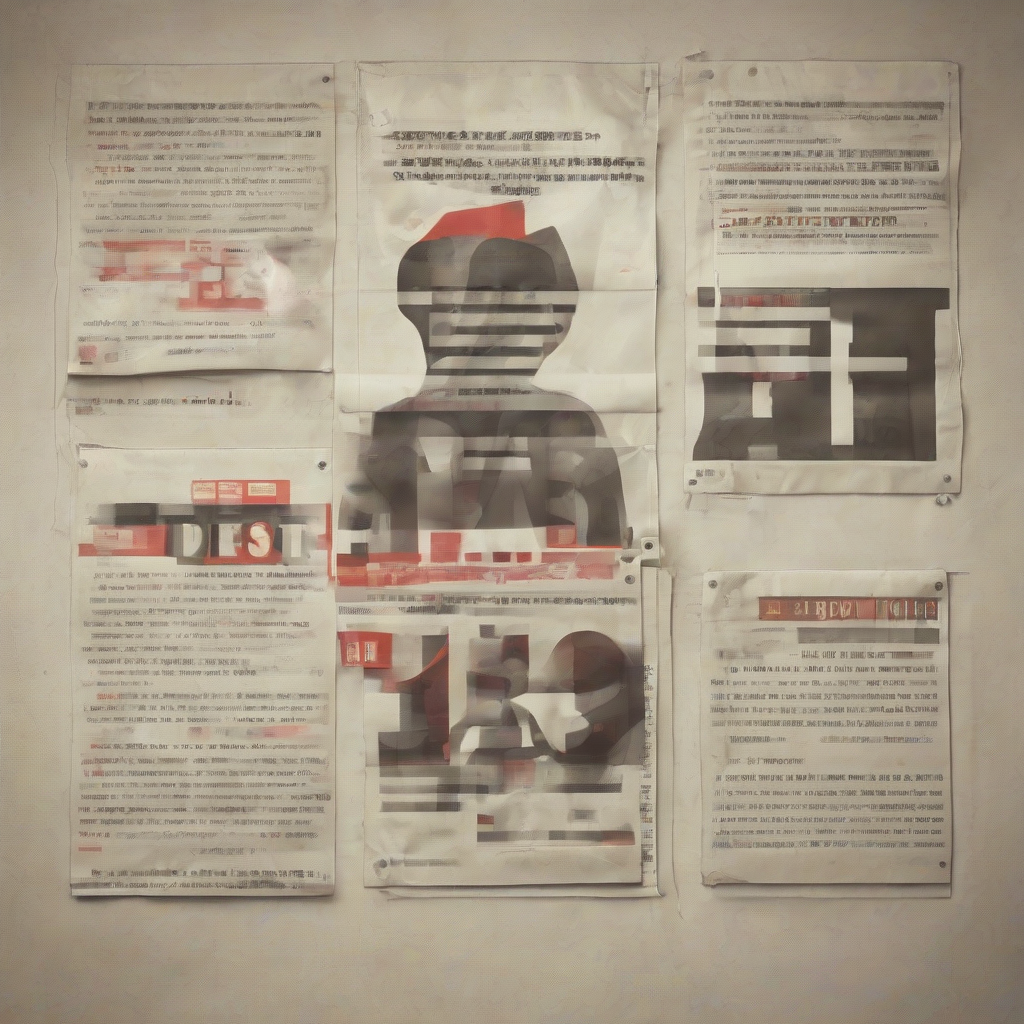Confronting the Shadow: A Comprehensive Guide to Drug Abuse Help and Recovery
Drug abuse is a pervasive issue affecting individuals, families, and communities worldwide. It’s a complex problem with multifaceted causes and devastating consequences, but it’s crucial to remember that recovery is possible. This guide provides a comprehensive overview of drug abuse, its impact, and the various avenues of help available to those struggling with addiction and their loved ones.
Understanding Drug Abuse
Drug abuse, or substance abuse, is characterized by the continued use of a substance despite negative consequences. This goes beyond casual use and involves a pattern of behavior marked by compulsive drug-seeking and use, often leading to significant impairment in various aspects of life.
- Physical Dependence: The body adapts to the drug, requiring increasing amounts to achieve the same effect (tolerance) and experiencing withdrawal symptoms upon cessation.
- Psychological Dependence: A strong craving for the drug, driven by psychological factors such as emotional distress, stress relief, or pleasure-seeking.
- Impaired Control: Difficulty controlling drug use, despite repeated attempts to cut back or quit.
- Neglect of Responsibilities: Prioritizing drug use over work, school, family, or social obligations.
- Continued Use Despite Harm: Continuing to use the drug despite awareness of its negative consequences on physical and mental health, relationships, or finances.
Types of Drug Abuse
A vast range of substances can be abused, each with its unique effects and risks.
- Opioids: Heroin, morphine, fentanyl, oxycodone, etc. These drugs cause intense euphoria and pain relief, but carry a high risk of overdose and addiction.
- Stimulants: Cocaine, methamphetamine, amphetamines. These drugs increase alertness, energy, and heart rate, but can lead to anxiety, paranoia, and cardiovascular problems.
- Depressants: Alcohol, benzodiazepines, barbiturates. These drugs slow down brain activity, causing relaxation and drowsiness, but can lead to impaired judgment, coordination, and respiratory depression.
- Hallucinogens: LSD, psilocybin, mescaline. These drugs alter perception, thoughts, and feelings, leading to unpredictable behavior and potential psychotic episodes.
- Cannabis: Marijuana, hashish. While often considered less harmful than other drugs, long-term cannabis use can lead to respiratory problems, cognitive impairment, and mental health issues.
- Inhalants: Solvents, aerosols, gases. These substances are often abused by young people and can cause serious brain damage, organ damage, and death.
Causes of Drug Abuse
Drug abuse is a complex issue with no single cause. Several factors can contribute, often interacting in intricate ways.
- Biological Factors: Genetic predisposition, brain chemistry, and individual response to drugs.
- Environmental Factors: Exposure to drug use, peer pressure, social and economic conditions, trauma, and stress.
- Psychological Factors: Mental health disorders (depression, anxiety, PTSD), personality traits, coping mechanisms, and underlying emotional pain.
Impact of Drug Abuse
Drug abuse has far-reaching consequences, affecting not only the individual but their families, friends, and the wider community.
- Physical Health: Organ damage, overdose, infections, malnutrition, chronic pain.
- Mental Health: Depression, anxiety, psychosis, suicidal thoughts, cognitive impairment.
- Relationships: Family conflict, relationship breakdown, social isolation.
- Financial Problems: Job loss, debt, homelessness.
- Legal Issues: Arrest, imprisonment, legal battles.
- Social Impact: Increased crime rates, burden on healthcare systems, lost productivity.
Seeking Help for Drug Abuse
Recognizing and addressing drug abuse is a crucial first step towards recovery. Many resources are available to help individuals and families navigate this challenging journey.
Steps to Take:
- Acknowledge the Problem: Accepting the existence of the drug abuse is crucial for seeking help.
- Seek Professional Help: Contact a doctor, therapist, or addiction specialist for an assessment and treatment plan.
- Find Support Groups: Connecting with others facing similar challenges can provide invaluable support and encouragement (e.g., Narcotics Anonymous, Alcoholics Anonymous).
- Consider Therapy: Various therapy approaches (cognitive behavioral therapy, motivational interviewing) can address underlying issues contributing to addiction.
- Medication-Assisted Treatment (MAT): Medications can help manage withdrawal symptoms, cravings, and prevent relapse.
- Residential Treatment: Inpatient programs offer intensive treatment in a structured environment.
- Aftercare Planning: Developing a plan for continued support and relapse prevention after treatment is crucial.
Resources for Drug Abuse Help
Numerous organizations and resources provide assistance for individuals struggling with drug abuse and their families. These can include:
- Substance Abuse and Mental Health Services Administration (SAMHSA): A US government agency providing information, treatment referrals, and support.
- National Institute on Drug Abuse (NIDA): A US government agency conducting research and providing information on drug abuse and addiction.
- Local hospitals and clinics: Many hospitals offer addiction treatment services.
- Addiction treatment centers: Specialized facilities providing comprehensive treatment programs.
- Support groups: Narcotics Anonymous (NA), Alcoholics Anonymous (AA), Al-Anon (for family members of alcoholics), Nar-Anon (for family members of those with drug addictions).
Relapse Prevention
Relapse is a common part of the recovery process. It’s crucial to have a relapse prevention plan in place. This includes:
- Identifying triggers: Understanding situations, people, or emotions that trigger cravings.
- Developing coping mechanisms: Learning healthy ways to manage stress, cravings, and difficult emotions.
- Building a support network: Maintaining strong connections with family, friends, and support groups.
- Regular therapy sessions: Ongoing therapy can help maintain progress and address potential challenges.
- Self-care practices: Prioritizing physical and mental health through exercise, healthy eating, and mindfulness techniques.
Helping a Loved One
If you’re concerned about a loved one’s drug use, it’s important to approach the situation with care and understanding.
- Express your concerns: Communicate your worries in a supportive and non-judgmental manner.
- Encourage professional help: Offer to help them find resources and seek professional assistance.
- Educate yourself: Learn about drug abuse, addiction, and available treatment options.
- Set boundaries: Protect yourself from the negative consequences of their drug use.
- Seek support for yourself: Al-Anon and Nar-Anon offer support groups for family and friends of those with substance abuse problems.
Remember, recovery is a journey, not a destination. It’s a process that requires patience, perseverance, and a strong support system. With the right help and support, individuals can overcome drug abuse and lead fulfilling lives.
